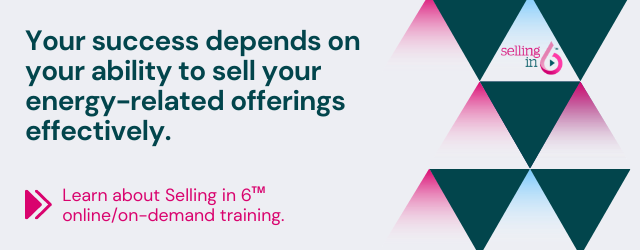Every now and then I’m asked about the best way to approach energy in colleges and universities. They might seem sprawling, intimidating and complex; however, I’ve discovered some ways to get their leadership’s attention and make things happen.

- One of the first things you might ask is, “What percentage of their tuition is used for energy?” When I did some research on a university that one of my clients was attempting to move toward efficiency, I discovered that they were consuming 10% of the energy in the entire state and that 27 cents of every tuition dollar were being used to pay those costs. Those two “fun facts” were instrumental in not only capturing leadership’s attention but also securing the consensus needed to motivate meaningful changes.
- These institutions often have very outdated and inefficient equipment, the consequence of seemingly perpetual capital constraints. Even worse, behavioral changes may be necessary to operate the equipment they have as efficiently as possible. For example, installing submeters and/or allowing departments to keep whatever they manage to save on their respective utility bills could pave a path toward greater accountability, motivation, and long-term savings.
- Ask yourself, “Considering what this institution needs or cares about, what could be done with the energy cost savings?” They may be pining for another professorship, laptops for certain students, additional resources for their sports program, etc. They may want to invest more in the sciences, arts, or travel budgets for the debate team. Everybody knows that most colleges and universities don't have enough money to do everything they'd like to do!
- Look into The Association for the Advancement of Sustainability in Higher Education (AASHE). They have developed a nifty approach to tapping endowment funds to accomplish investments in sustainability initiatives in a very prudent, transparent, and accountable manner. They also provide plenty of case studies proving that investments in efficiency can generate greater returns than the stocks and bonds that endowments typically hold.
- Unite various groups involved with the school to get them behind your offerings. Perhaps the STEM program could be energized by a new, cutting edge, energy efficiency curriculum. Capture the attention of the school’s stakeholders by explaining the potential of some major (or even small) changes. Alumni or donors could weigh in with suggestions and make donations as well.
- As in any other sales situation, use what you know to tailor an elevator pitch, a one-page proposal and financial metrics that build a compelling case for change. Take a particular note of net present value. Imagine the reaction you would receive if you could confidently state, “Viewed over the 15-year life of the new energy-efficient HVAC system we’re seeking to underwrite with the help of your generous donation, every dollar you contribute to your alma mater will produce $4.50 in net present value that could be used to fund curriculum expansion, scholarships for students in need, and other worthy causes.”
- There’s no motivation like some friendly competition. In one instance, a university challenged dormitories to bring their energy costs down using submetering. It was incredibly effective. Like dueling fraternities or sports teams, the students were fully investing in “winning” – which, of course, yielded substantial utility savings for the campus as well as increased awareness of just how much energy could be saved with behavior changes alone.
There are many dimensions to selling energy efficiency in this setting, and fortunately, students, alumni, professors, staff, and the community at large all benefit.







